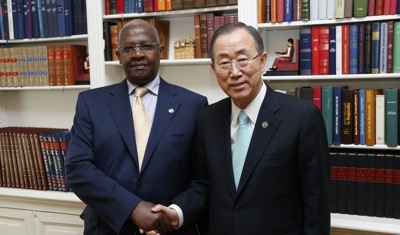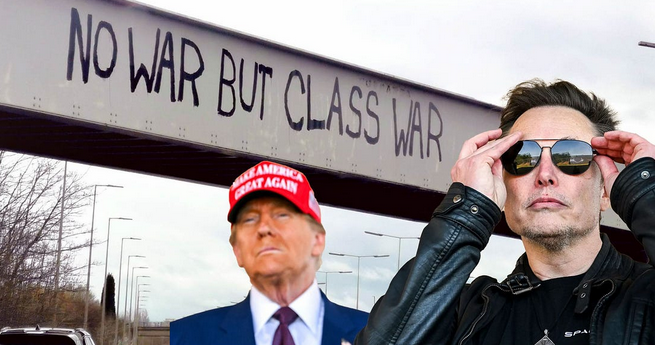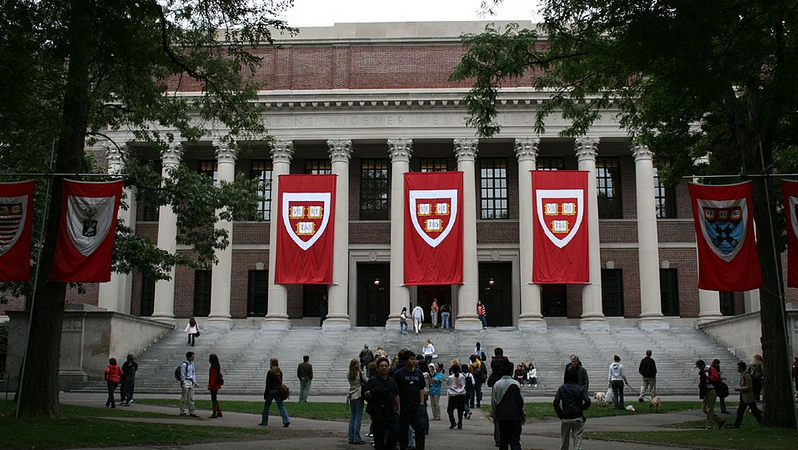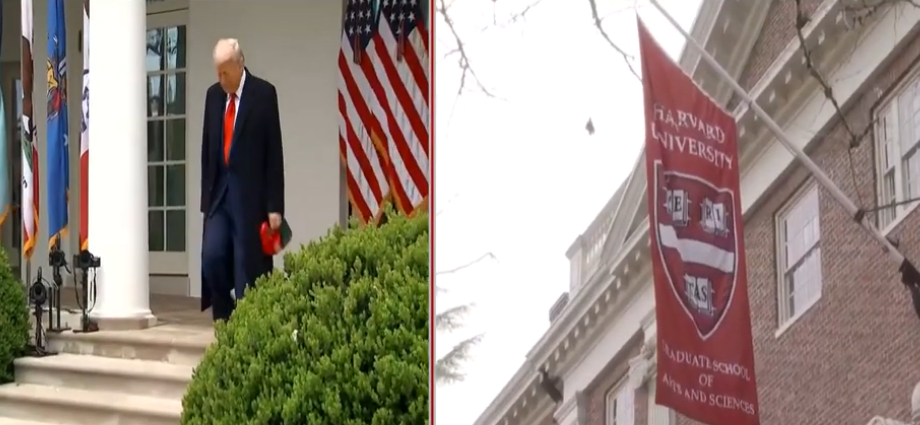Kutesa shown with UN Secretary General Ban Ki-Moon; who removed the links to the $30 million billed by Kutesa from the UN’s website?
[Commentary]
Before world leaders including President Barack Obama address the United Nations General Assembly this week each will first turn around and acknowledge Sam Kutesa, the new President of the General Assembly seated behind a podium above them.
Mr. Kutesa is foreign affairs minister of Uganda and reportedly one of the most corrupt officials out of Africa.
In a memo to the Department of State in 2010 then U.S. ambassador to Uganda Jerry Lanier wrote that “we regard Kutesa’s corruption as egregious.”
Ambassador Lanier communicated to Washington that the U.K. had considered revoking Kutesa’s visa and was hoping the U.S. might take the same measure.
The British wanted to punish Kutesa over public money, millions of dollars, allegedly embezzled by him and other Ugandan officials — the funds had been allocated to cover the cost of hosting the 2007 Commonwealth Heads of Government (Chogm) meeting in Uganda, which had also been attended by Queen Elizabeth.
In his memo Lanier reported that $27 million had been stolen; a report on the BBC said the lost monies amounted to $150 million.
So how could have Kutesa weathered that storm to continue as foreign minister and go on to become President of the UN General Assembly?
Because in Uganda Kutesa is untouchable. His late wife was related to Janet Museveni, wife of Gen. Yoweri Museveni, the Ugandan dictator of the last 28 years. His own daughter is married to Brigadier Muhoozi Kainerugaba, son of Gen. Museveni, commander of the elite Special Forces and presumed designated heir apparent.
Knowing he is immune to prosecution, Kutesa learned no lesson from the Chogm debacle, apart from the minor inconvenience of some embarrassing media reports.
Soon after that incident, Kutesa was again involved in a major corruption scandal. In 2011, Gerald Karuhanga a Ugandan member of Parliament produced documents he said showed that Kutesa and two other ministers, Amama Mbabazi and Hilary Onek, had accepted tens of millions of dollars in bribes from foreign oil companies seeking favorable concessions in Uganda. Karuhanga claimed as much as $100 million had been siphoned to the three officials.
On that occasion, Kutesa did some nifty public relations stunt; he “stepped down” as foreign minister to “clear” his name. There was even accusation that some of the money may have been given to Gen. Museveni himself, who later held a press conference which, if listened to carefully, sounds like a non-denial denial in its lack of specificity and reference to “for my personal use.“
Of course Kutesa’s name was soon cleared when a judge in the Uganda court threw out the case on a technicality. He was back as the Teflon foreign minister.
So Kutesa became even more emboldened and set his sights high. He now aimed to become President of the United Nations General Assembly.
When Kutesa’s candidacy advanced after Cameroon’s foreign minister mysteriously withdrew his own bid, it was clear sailing for the Ugandan.
In February 2014 his boss, Gen. Museveni signed the virulently hateful anti-Gay bill into law –it called for life-in-prison and an earlier version called for death by hanging for homosexuals– in Uganda and referred to homosexuals as “disgusting” in a CNN interview.
Would Kutesa, involved in numerous corruption scandals, and now the top spokesperson as foreign minister for a homophobic general still become President of the General Assembly?
A global online campaign to block Kutesa, by appealing to U.S. Secretary of State John Kerry to revoke his visa as the British had once hoped, was launched. The campaign, which is still active, has garnered 15,565 signatures.
Kutesa was battered but crossed the finish line in June to become President of the General Assembly.
Yet Kutesa is a man who is destined to keep surprising the world.
As earlier reported by The Black Star News, Kutesa is owner of a company called Entebbe Handling Services (ENHAS), a cargo and airport maintenance company, in Uganda.
The company once had a 50/50 operating agreement with Uganda Airlines, the country’s only national carrier. Kutesa illegally wrested control from Uganda Airlines of its lucrative cargo and airport maintenance business and it became the assets of ENHAS; that’s how he ended up monopolizing business at Entebbe airport.
Kutesa was a minister in the Uganda government and member of Parliament; his own colleagues voted to censure him in 1999 for abuse of office over his Uganda Airlines dealings. Parliament was also told that he threatened the life of the acting general manager of Uganda Airlines.
Now, ironically, it’s ENHAS which today places Kutesa in the limelight once again.
Over the past six years, ENHAS has billed the United Nations at least $30 million, possibly more, as The Black Star News previously reported.
Clearly it was and still is conflict of interest, for the United Nations to have awarded a contract to Kutesa’s company, whether he revealed his ownership to the UN or not. That would be akin to Secretary Kerry or another country’s foreign minister also billing the UN millions of dollars through a company they owned secretly. And it’s potentially fraudulent if in fact Kutesa did not disclose his ownership.
Many of the services performed by ENHAS were only vaguely described as “UGA airports.”
After The Black Star News started reporting the story and posed questions to UN Secretary General Ban Ki-Moon and his spokespersons, as well as the UN’s legal department, at some point the organization disabled the links to the invoices submitted through the years by Kutesa’s ENHAS.
Anticipating that the UN might take such action, The Black Star News had already downloaded the invoice numbers and the amounts billed.
By disabling the links, Kutesa has now dragged the United Nations into his universe with this apparent attempt to cover up the $30 million in billings. Unless some parties within the UN have been on the deal all along as well.
The United Nations has ignored several past questions, including follow up inquiries last week from The Black Star News.
Here are some questions for Ban Ki-Moon:
1. Who ordered the links to the Kutesa invoices to be disabled?
2. Was the contract to Kutesa awarded via competitive bidding and who were the other bidders?
3. Considering Kutesa’s past censure by Uganda’s Parliament and his involvement in several corruption cases was ENHAS in fact eligible for the UN contract?
4. How has the UN been able to monitor the contract to ensure that the work billed for by Kutesa was actually performed?
5. In addition to the $30 million documented by The Black Star News how much more did the UN pay out to ENHAS on the contracts?
6. In light of all the questions about Kutesa and involvement in cases of alleged corruption why does the UN still have a contract with ENHAS?
7. If the contract was awarded fraudulently and ENHAS didn’t qualify will the UN seek to recover funds from Kutesa?
8. The UN has been stung by corruption in the management of contracts in the past, with the most egregious case being the Iraq oil-for-food scandal; in light of that experience will the Kutesa case with ENHAS be investigated?
The United States contributes about one-third of all annual funding for the United Nations.
This is a case that should interest Congress considering the possible abuse of American taxpayers’ money.







